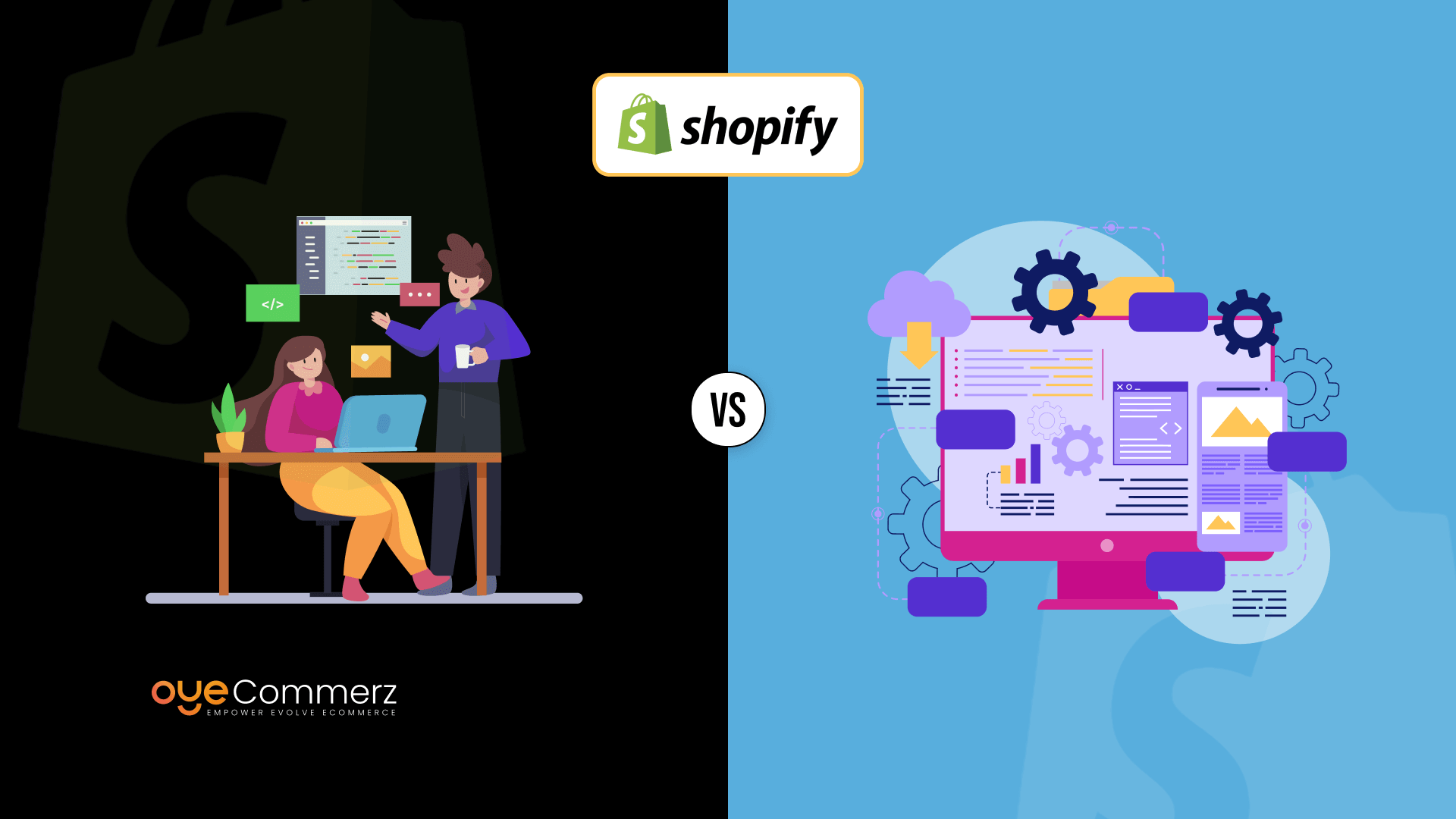Introduction
In the current competitive e-commerce environment, standing out is paramount, and a top method to set apart a Shopify store is through custom app creation. A well-built Shopify app can boost store functionality, streamline operations, and boost customer engagement. This guide delves into key elements of Shopify app development, covering API integration and app ecosystem to scaling strategies and promotion methods, offering a roadmap for companies seeking superior store performance.
Why Shopify API Integration Matters
Shopify’s API provides powerful tools to personalize and extend store functionalities. With GraphQL and REST APIs, developers can retrieve information to create apps that handle inventory control, order processing, and customer information management seamlessly. Integrating Shopify’s API can enable improved workflow automation and allows stores to assist shoppers more efficiently.
Adopting the Polaris Design System
Shopify’s Polaris is Shopify's design system for designing intuitive and accessible Shopify apps. By following Polaris principles, developers ensure that apps seamlessly integrate within the Shopify Admin interface. This provides a cohesive appearance that appeals to Shopify merchants, promoting ease of use and comfort for merchants utilizing your custom app.
Navigating the Shopify App Ecosystem
The Shopify app ecosystem offers endless possibilities for improving e-commerce sites. From managing fulfillment processes to boosting customer interaction, apps in this environment are designed to meet various business needs. Learning about this system assists developers in identifying unique app opportunities and enables smooth connections of third-party services that enhance the store.
Building Embedded Shopify Apps
Embedded apps work seamlessly within the Shopify Admin, allowing a seamless experience for merchants. They ensure that merchants don’t have to leave their Shopify control panel, streamlining their workflow. Using Shopify App Bridge and embedded app capabilities is recommended for offering a unified, integrated user experience.
Using Node.js and React for Shopify Apps
The technologies Node.js and React have become top options for Shopify app development. Node.js enables high-performance server-side applications, while React enables interactive and adaptive front-end user interfaces. Combined, they offer an excellent framework for building Get started with Shopify apps fast, scalable Shopify apps that improve store functionality and customer engagement.
Webhooks in Shopify Apps
Webhooks allow real-time data synchronization between Shopify and an external app. They trigger events such as order creation or inventory updates and provide immediate alerts to your app. By utilizing webhooks, apps can deliver real-time insights for store owners, simplifying processes and increasing efficiency.
Customer Engagement and Digital Marketing for Shopify Apps
To make a Shopify app successful, engaging customers is crucial. Using digital marketing strategies like SEO, email marketing, and social media campaigns can drive app adoption. Additionally, creating applications with customer interaction as a focus (e.g., loyalty programs or personalized suggestions) increases user retention and loyalty.
Scaling Your Shopify App
As e-commerce businesses grow, so do their technological needs. E-commerce customer loyalty tools Ensuring that your app can scale to handle increased traffic, larger data sets, and more advanced functionalities is critical. By improving server capacity and implementing scalable technologies, you can develop apps that grow in tandem with a store’s success.
Essential Features and Maintenance for Shopify Apps
For an app to be effective, it should offer key capabilities like user login, analytics dashboard, and support channels. Regular app maintenance, with updates to fix bugs and ensuring compatibility with new Shopify functionalities, is vital to ensure continuous operation and avoid interruptions to business processes.
Conclusion
Custom Shopify app development holds vast potential for e-commerce stores, providing the chance to enhance performance, streamline processes, and build customer relationships. With API integrations and Node.js to ensuring scalability and customer engagement, building a Shopify app requires careful planning and strategic execution. If you’re prepared to elevate your e-commerce experience, a tailored Shopify application may be the perfect choice. What features do you envision for your dream application? Share your ideas and take the first step toward an enhanced e-commerce journey!
